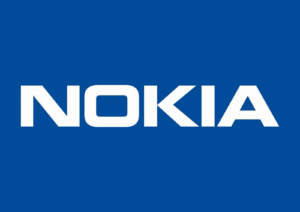Business Education Reimagined
Accelerate your career in 12 weeks or less. Learn alongside motivated peers and gain real-world practice with interactive business and management simulations.
Real-world Practice and Social Learning
Abilitie’s award-winning 12-Week MBA and virtual leadership development programs offer active learning to organizations of all sizes. Our expert faculty puts people to the test in dynamic, team-based competitions that simulate real-world environments without real-world consequences.

SUCCESS STORIES
Abilitie’s programs help build a competitive advantage
Our participants and corporate clients report impressive professional transformations. Program participants are becoming more confident in their current roles, strengthening their business acumen and people management skills, making a greater impact at their companies, and even landing that desired promotion.





Our Global Faculty
Abilitie’s more than 100 faculty and speakers are top business leaders, influential business professionals, successful entrepreneurs, and established CEOs. You’ll learn real-world skills from real-world experts.
In The Press
Want to see more? Check out what the experts are saying about us!
Choose the program that’s right for you or your team
Looking for L&D solutions for your organization? Click here.
The 12-Week MBA covers the essentials of business over 12 weeks. Our Becoming an Effective Manager and Developing Business Acumen programs dive deep into one business topic. Participants in the shorter programs join The 12-Week MBA cohort for the business or management sections only (3 weeks). 1-Day Accelerators range from 5-7 hours over a single day.




June now enrolling
We offer three immersive 5-7 hour programs on the topics of business acumen, management, and influence.

















































